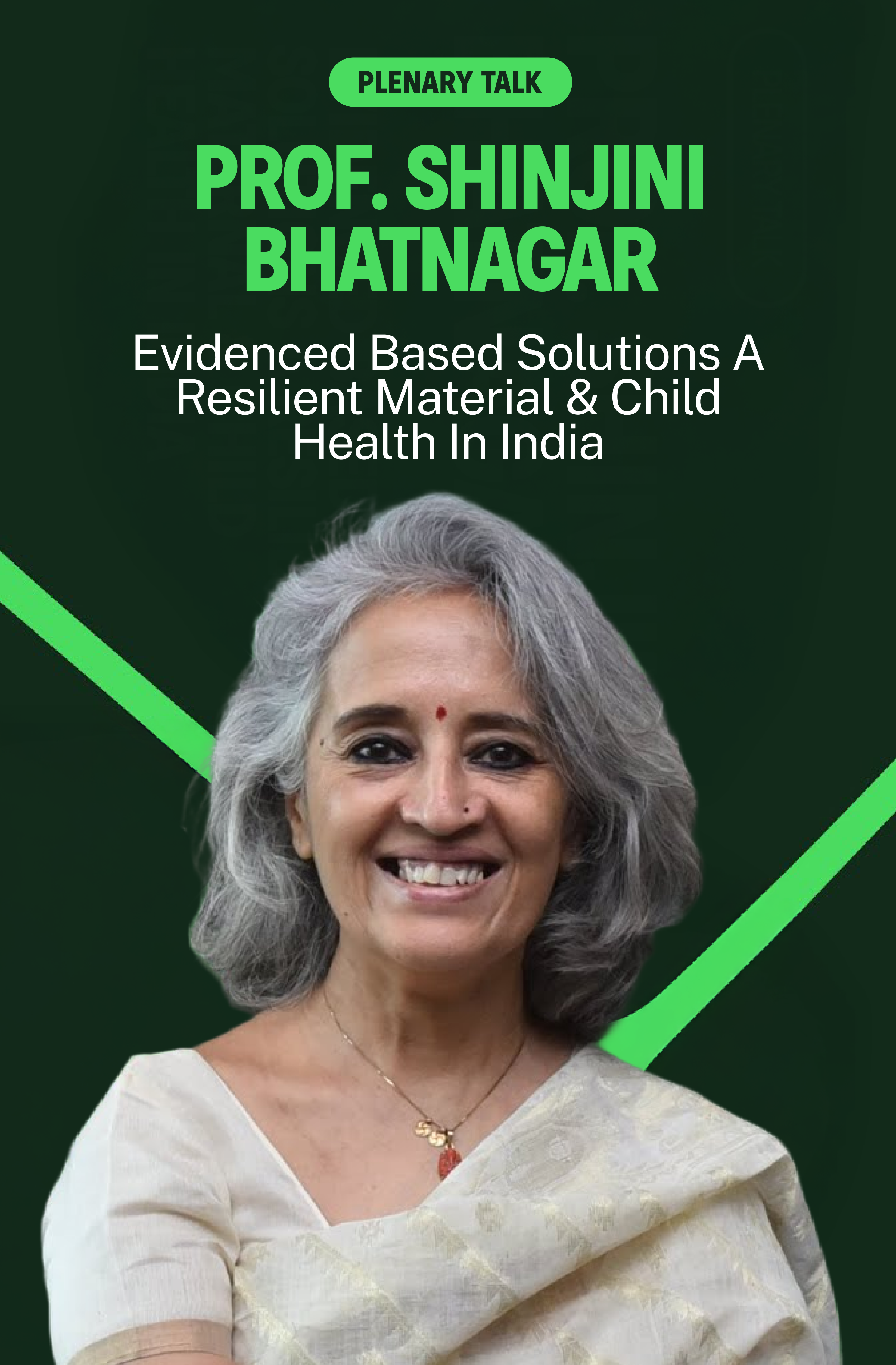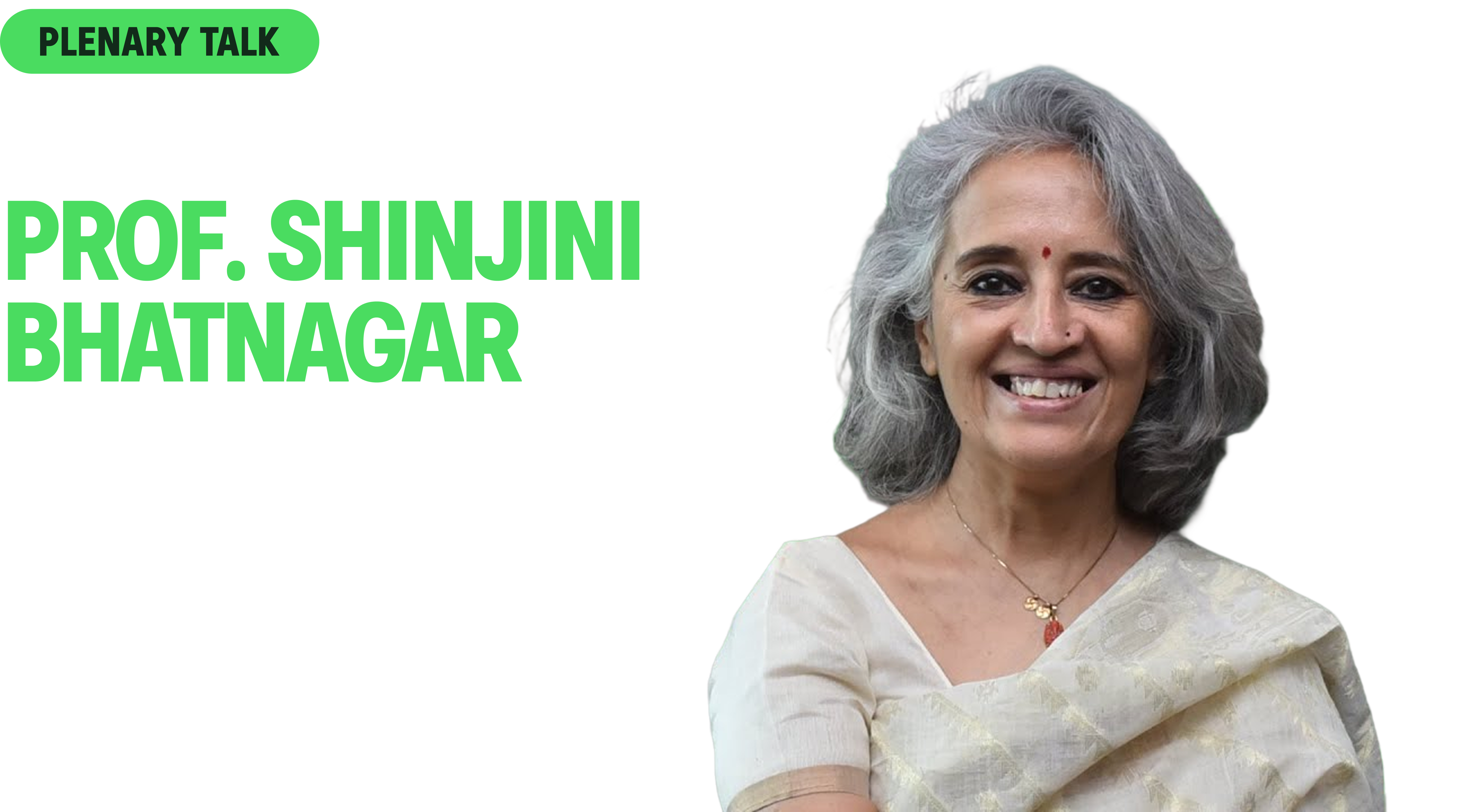


summary
Prof. Bhatnagar traced the evolution of evidence-based interventions in India’s maternal and child health landscape, from the transformative impact of oral rehydration solutions and zinc supplementation to today’s cutting-edge cohort studies and digital health tools. Her talk emphasized how India’s persistent child health challenges require not just scientific discovery but also translation into scalable, affordable, and context-sensitive solutions. Drawing from decades of field and translational research, she underscored the importance of multidisciplinary collaborations and national resource creation to enable predictive, preventive, and personalized health solutions for mothers and children.
Key takeaways
• Evidence translates to impact
Early public health breakthroughs like oral rehydration therapy and zinc for diarrhea demonstrate how simple, science-backed solutions can save millions of lives.
• Integrated approaches
Solutions must combine clinical, biological, digital, and policy innovations to effectively address child and maternal health challenges.
• Ongoing challenges
Neonatal and child mortality remain high — underscoring the urgency of accessible and scalable health innovations.
• Maternal & child cohort studies
Large-scale, longitudinal studies at THSTI involving >15,000 women and newborns are generating unique datasets (microbiome, imaging, phenotyping) to power predictive tools and interventions.
• Technology as an equalizer
AI-driven gestational age tools, affordable ultrasound, and microbiome-based interventions highlight how frontier science can be adapted for low-resource settings.
• National assets
Biobanks, phenotyping platforms, and open-access resources supported by DBT and ICMR provide critical infrastructure for accelerating maternal and child health research.
• Call for next-gen innovators
India’s future depends on young scientists and entrepreneurs who can translate discoveries into equitable healthcare solutions at scale.

